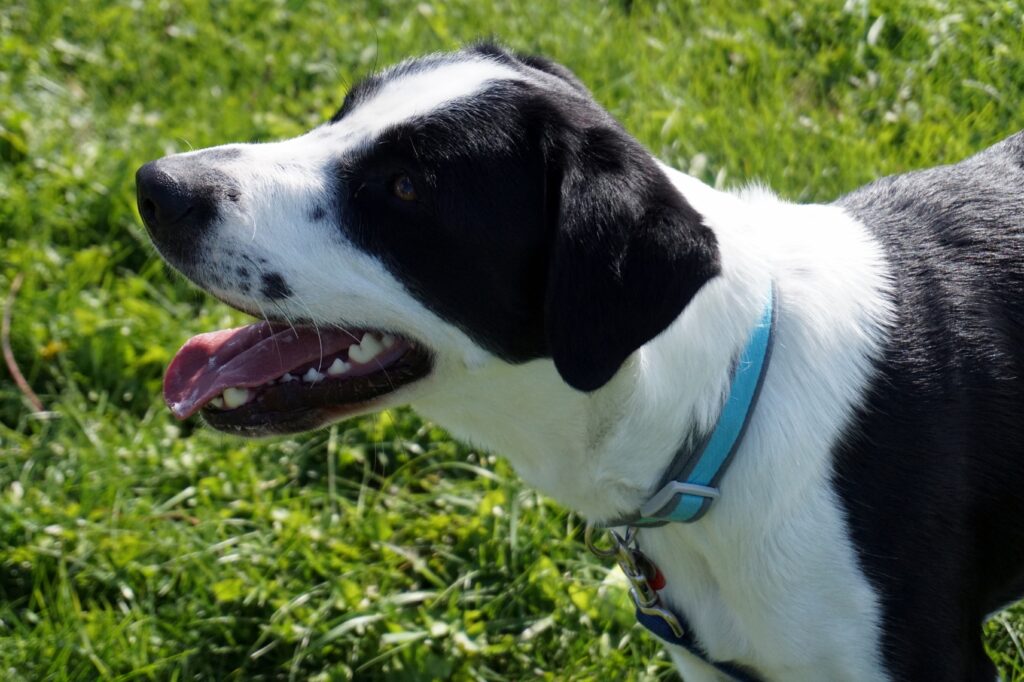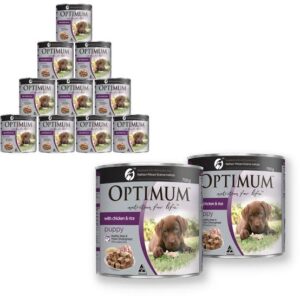Are Dogs Mouths Clean

Are dogs mouths clean compare a dog’s mouth to a human’s mouth isn’t straightforward. Although there are some similarities in the types of bacteria found in both, dogs actually have a greater diversity of dental bacteria that aren’t present in humans. Dogs’ mouths harbor approximately 600 different species of germs, whereas humans have around 615 and counting.
So, while there are overlaps, dog and human mouths aren’t entirely comparable in terms of their bacterial composition.
One similarity is the presence of the bacterial family Porphyromonas, which can contribute to periodontal disease in both dogs and humans. Without proper dental care, billions of germs can accumulate on the tooth surface, potentially leading to issues like bad breath, gum recession, tooth abscesses, and bone damage around the teeth.
Luckily, early stages of periodontal disease can be managed with at-home dental care for both dogs and humans. Regular professional cleanings are also essential for maintaining oral health in dogs, much like in humans.
Can You Get Infections and Diseases From Dog Saliva ?
While dogs’ saliva generally presents a low risk of transmitting germs to humans, it’s still possible for them to spread bacterial and viral diseases. These illnesses can be transmitted if a dog bites you or if their saliva comes into contact with your nose, mouth, or eyes. It’s important to practice good hygiene and seek medical attention if you experience any symptoms of infection after contact with a dog’s saliva.

Bacterial Infections
A dog bite can introduce harmful bacteria to humans, potentially leading to serious infections. One such bacteria is Capnocytophaga canimorsus, which can be transmitted through a dog bite. Another common bacterium found in a dog’s mouth is Pasteurella canis, frequently present in individuals who have been bitten by dogs. The severity of a dog bite depends on the location of the wound and the person’s immune system health.
If you are bitten by a dog, it’s crucial to promptly clean the wound thoroughly with soap and water for at least 15 minutes and then seek medical attention. In cases where dogs consume contaminated food, such as Salmonella or E. coli, these harmful bacteria can potentially be transmitted through the dog’s saliva if it comes into contact with a person’s mouth. While raw food diets for dogs pose a higher risk of contamination, any type of dog food can potentially carry these pathogens.
Rabies
Dogs can transmit the most dangerous infection through their saliva, known as rabies. This virus is primarily spread through a dog bite. Once inside the body, the virus attacks the nervous system, leading to a range of symptoms. Initially, dogs may exhibit signs of anxiety and nervousness. As the disease progresses, they can become aggressive, experience loss of coordination, and become disoriented.
Encountering a dog or wild animal displaying these symptoms requires immediate action. Contact your local animal control or police department while maintaining a safe distance. Unfortunately, rabies is almost always fatal once symptoms appear in dogs, humans, or wild animals.

Is it Bad If Your Dog Licks You Then ?
Because human skin absorbs saliva poorly, there’s generally low risk of infection if a dog licks your skin, unless there’s an open wound. However, if you’re allergic to dog saliva, your skin may react with hives, a rash, or intense itching are dogs mouths clean.
How to Clean a Dog’s Mouth
Proper dental care for dogs is essential for ensuring a clean and healthy mouth. Learning how to clean your dog’s teeth is a crucial aspect of this care regimen. One effective approach is to schedule regular dental appointments for your dog. It’s recommended to do this at least once a year, or more frequently if your dog is prone to dental issues like periodontitis.
At Broad Street Veterinary Hospital, during your dog’s dental checkup, our veterinarians perform a comprehensive oral examination. They meticulously inspect for signs of dental problems, such as:
- Extra teeth or retained baby teeth
- Bleeding around the mouth could indicate various underlying issues, ranging from gum disease to injuries or even systemic health concerns. It’s important to consult with a veterinarian for a proper diagnosis and treatment if you notice bleeding around your dog’s mouth.
- Swelling or discomfort in or around the mouth
- Plaque or tartar buildup on teeth
- Discolored teeth
- Loose or broken teeth
- Bad breath
Untreated oral health issues can escalate, causing significant pain and discomfort for your pet. If you notice signs of periodontal disease such as reduced appetite (indicating tooth pain), abnormal chewing habits, excessive drooling, difficulty holding food in the mouth, bad breath, or other symptoms, it’s crucial to contact your veterinarian promptly. They can help you schedule a dental appointment for your pet.

Our comprehensive dental care includes thorough cleaning and polishing of your dog’s teeth, addressing both above and below the gum line. We also perform tooth probing and x-rays, followed by fluoride treatment and application of dental sealant to prevent future decay and damage. For advanced periodontal disease cases, we collaborate with you to develop a treatment plan aimed at restoring your pet’s oral health to a pain-free and optimal condition are dogs mouths clean.
Should I Brush My Dog’s Teeth ?
As a pet owner, you play a vital role in helping your dog combat dental disease. Here are a few simple ways to keep your dog’s mouth healthy and teeth clean:
- Brush Regularly: Brush your dog’s teeth with a pet-specific toothbrush and toothpaste to remove plaque and prevent tartar buildup.
- Use Dental Chews and Toys: Provide dental chews and toys that are designed to clean teeth and massage gums, reducing plaque and tartar.
- Offer a Healthy Diet: Feed your dog a balanced diet that supports dental health, and consider foods specially formulated for dental care.
- Schedule Regular Vet Visits: Ensure regular veterinary checkups to monitor your dog’s oral health and address any issues early.
- Utilize Water Additives: Add dental water additives to your dog’s drinking water to help reduce plaque and freshen breath.
By incorporating these practices into your dog’s routine, you can significantly contribute to their oral health and overall well-being.





